Navigating the intricacies of UK tax regulations can be a daunting task, especially for self-employed individuals. One aspect that often causes confusion is the concept of payments on account, a mandatory requirement for certain self-assessment taxpayers. Fear not, for this comprehensive guide will shed light on how payments on account work and how to manage them effectively.
What are Payments on Account?
Payments on account are advance payments towards your estimated tax liability for the current tax year. They are typically calculated based on half of your previous year’s tax bill. This system is designed to spread out your tax payments and ensure you don’t fall into arrears.
Who is Required to Make Payments on Account?
Not all self-assessment taxpayers are liable for payments on account. The requirement applies to individuals who meet the following criteria:
Estimated tax liability: If your estimated tax liability for the current tax year is over £1,000, you’ll need to make payments on account.
Previous year’s tax bill: If your tax bill for the previous tax year was £1,000 or more, you’ll likely be required to make payments on account for the current tax year.
When are Payments on Account Due?
Payments on account are due on two separate dates:
January 31st: The first payment of half your estimated tax liability is due.
July 31st: The second payment of half your estimated tax liability is due.
How to Calculate Payments on Account
Your payments on account are calculated based on half of your previous year’s tax bill. For example, if your previous year’s tax bill was £2,000, your payments on account would be £1,000 each.
Payment Methods
HMRC accepts a variety of payment methods for payments on account, including:
Direct Debit: A convenient way to automate your payments.
Bacs Transfer: Transfer funds electronically from your bank account.
Cheque: Send a physical cheque to HMRC’s address.
Balancing Payment
In addition to payments on account, you may also have a balancing payment to make. This is the final amount of tax you owe after taking into account your payments on account, capital gains tax, and any other relevant deductions. The balancing payment is due by January 31st of the following tax year.
Managing Payments on Account
To efficiently manage your payments on account, consider these tips:
Set up Direct Debit: Automate your payments and avoid late payment penalties.
Monitor your tax liability: Keep an eye on your income and expenses to make accurate estimates for payments on account.
File your Self Assessment return on time: Timely filing ensures you receive your tax calculation and payment reminders promptly.
Conclusion
Understanding payments on account and managing them effectively can help you stay compliant with UK tax regulations and avoid unnecessary penalties. By following the guidance provided in this blog post, you can navigate the complexities of payments on account and ensure your tax affairs are in good order.
